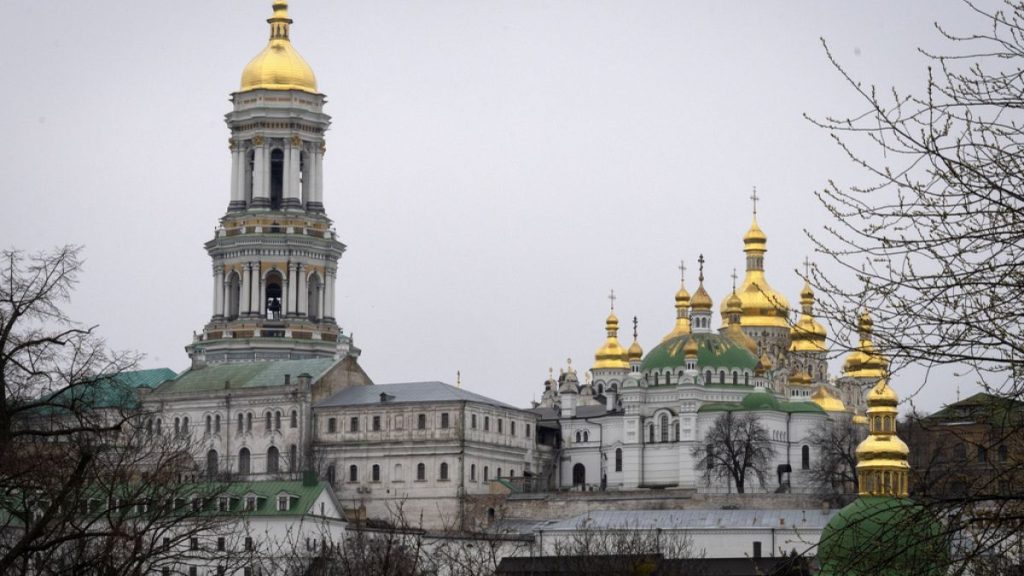The Ukrainian Parliament recently passed a bill that bans the activities of religious groups linked to the Russian Orthodox Church, or any other religious organization supporting Russia’s invasion of Ukraine. The bill, which was approved by the Verkhovna Rada with 265 votes in favor and 29 opposed, targets the Russian Orthodox Church as an “ideological extension of the regime of the aggressor state” and an “accomplice to war crimes and crimes against humanity.” This legislation has sparked controversy and concerns about religious freedom, particularly focusing on the Ukrainian Orthodox Church (UOC) that has historical ties to the Russian church.
Bishop Metropolitan Klyment of the UOC asserts the independence of the church from Moscow and denounces the new law as controversial. He emphasizes that the UOC is self-governing and not subordinate to any foreign centers, including those in Russia. A lawyer representing the UOC also deems the bill as a “grotesque violation of religious freedom.” However, the Ukrainian government maintains that the UOC has ongoing connections to the Russian church and its Moscow-based patriarch, who has portrayed the Russian invasion of Ukraine as a holy war. The authorities have conducted searches at UOC church sites and presented evidence such as Russian passports and pro-Russian propaganda, leading them to determine that the UOC is still a structural unit of the Russian Orthodox Church.
In contrast to the UOC, the Orthodox Church of Ukraine (OCU) – a separate entity – supports the bill, highlighting the statements made by Patriarch Kirill of the Russian Orthodox Church in support of the conflict in Ukraine. The Bishop of the OCU considers the legislation as essential due to the harmful influence of the Russian Orthodox Church in Ukraine. Ukrainian President Volodymyr Zelenskyy is expected to sign the bill into law as part of efforts to safeguard Ukrainian spiritual independence. Zelenskyy has emphasized the importance of ensuring the country’s autonomy in religious matters, especially during the ongoing conflict with Russia.
The passage of this bill reflects the tensions and complexities surrounding the relationship between religion and politics in Ukraine, particularly in the context of the ongoing conflict with Russia. The legislation directly targets religious organizations with ties to Russia, raising concerns about potential restrictions on religious freedom and autonomy. The controversy surrounding the UOC underscores the challenges of maintaining independence from foreign influences, particularly from Russia. The Ukrainian government’s efforts to differentiate between the UOC and the OCU highlight the broader debate on the role of religion in shaping national identity and sovereignty.
As the bill awaits President Zelenskyy’s signature, it remains to be seen how this legislation will impact the activities of the UOC and other religious groups in Ukraine. The decision to ban Moscow-linked religious organizations reflects the government’s commitment to promoting Ukrainian independence and sovereignty, particularly in the face of external threats. The ongoing conflict with Russia continues to shape the political and religious landscape in Ukraine, underscoring the complexities of navigating national identity and religious affiliations in a divided society. Ultimately, the passage of this bill signifies a significant step in redefining the relationship between religion and politics in Ukraine and asserting the country’s autonomy in religious matters.


